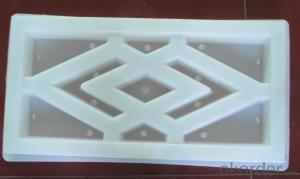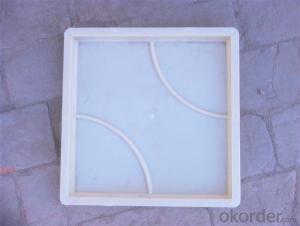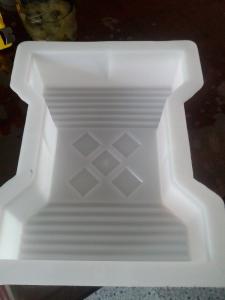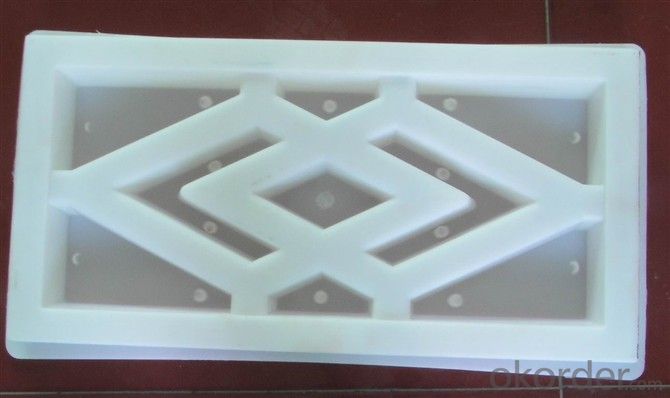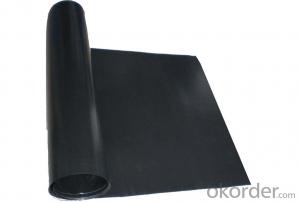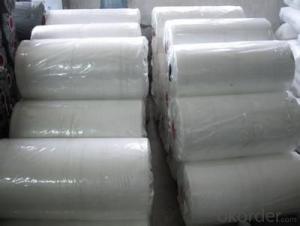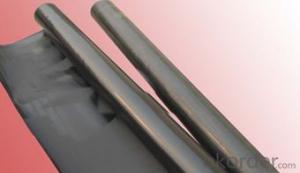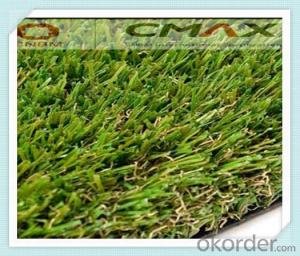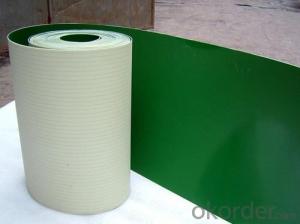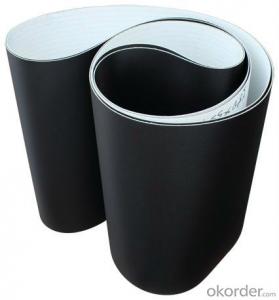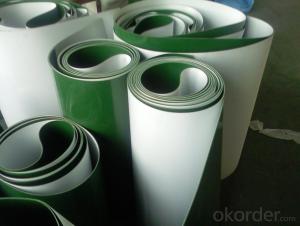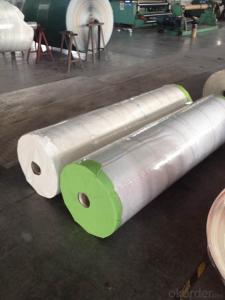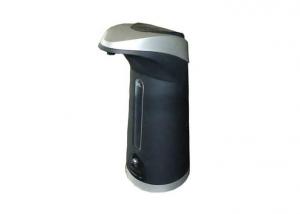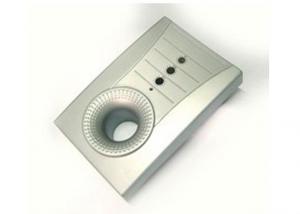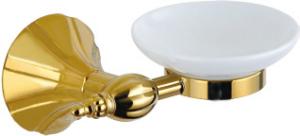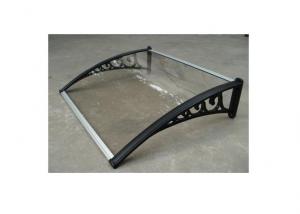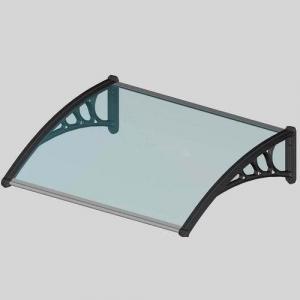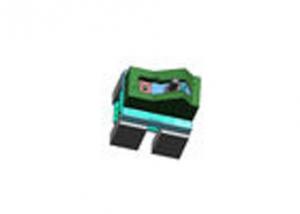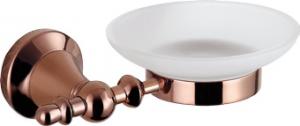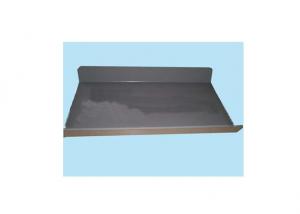Latest injection plastic brick mold
- Loading Port:
- Tianjin
- Payment Terms:
- TT OR LC
- Min Order Qty:
- 500 set
- Supply Capability:
- 10000 set/month
OKorder Service Pledge
OKorder Financial Service
You Might Also Like
Specifications
pavers paving mould kerb stones plastic molds
1,easy to operate
2,smooth surface, high hardness
3,durable,3 years warranty
pavers paving mould kerb stones plastic molds
We are a prominent manufacturer, exporter and supplier of PVC/Plastic/Rubber moulds (25/35/60mm) on street color pavers.
Curbstone mold is used to produce precast concrete curbstone. The process is to fill the mold with concrete, and then release the mold from the concrete after it is solidified.
Our plastic Curbstone mold is made of PP (polypropylene) material injection, with best quality and longer lifespan. Our curbstone mold is popular for its dimensional stability and robust construction.The products are used to areas along roadsides ways, platforms, walkways retaining edges and peripherals to beautify the garden. The range is available in standard shapes and beveled.
The special benefits of the PP Curbstone mold:
1, easy to operate, saving time and effort
2, smooth surface, high strength
3, Perfect dimensional stability and robust construction
4, low cost, high return, the device is simple, quick operation, reliable quality
- Q: Are olive nets easy to store?
- Yes, olive nets are easy to store due to their lightweight and foldable design. They can be easily folded or rolled up and stored in a compact space when not in use.
- Q: Can olive nets be used for olive tree frost protection?
- Yes, olive nets can be used for olive tree frost protection. These nets help create a barrier that prevents cold air from directly contacting the olive trees, thus reducing the risk of frost damage.
- Q: What are the different materials used to make olive nets?
- The different materials used to make olive nets include polyethylene, polypropylene, nylon, and sometimes natural fibers like jute or cotton.
- Q: Are olive nets suitable for all olive varieties?
- No, olive nets may not be suitable for all olive varieties. The suitability of olive nets depends on various factors such as the size and shape of the olives, the density of the tree canopy, and the specific harvesting method used. It is important to consider these factors and consult with experts to determine the most appropriate netting solution for each olive variety.
- Q: Can olive nets be used for both manual and mechanical pruning?
- Yes, olive nets can be used for both manual and mechanical pruning. Olive nets are versatile and can be used to collect the pruned branches and leaves during both manual and mechanical pruning processes.
- Q: Do olive nets come with a warranty?
- Yes, olive nets typically come with a warranty.
- Q: Are there any specific regulations or guidelines for using olive nets?
- Yes, there are specific regulations and guidelines for using olive nets. These regulations may vary depending on the country or region, but generally, they cover aspects such as the appropriate size and material of the nets, the proper installation and anchoring methods, and guidelines on when and how to use the nets to prevent damage to the olive trees or the environment. It is advisable to consult local agricultural authorities or olive farming associations for specific regulations and guidelines in your area.
- Q: Where can you purchase olive nets?
- Olive nets can be purchased from various sources such as agriculture supply stores, online marketplaces, gardening centers, and specialized olive farming equipment suppliers.
- Q: How do olive nets prevent rodent damage to olives?
- Olive nets act as a physical barrier that prevents rodents from accessing the olives. The nets are placed over the olive trees, creating a protective enclosure that rodents cannot penetrate. This effectively keeps the rodents away from the olives, reducing the risk of damage and ensuring a higher yield of quality fruit.
- Q: What material is better for plastic cups?
- There are PC, AS, PP.TRITAN (, PCTG) and ECOZEN (Korean SK). PC is banned in the bottle and in some European and American space cups because of the effects of BPA on the baby reproductive system. AS too crisp; PP cost-effective, environmental protection, transparency and feel bad. TRITAN and ECOZEN are currently in the domestic manufacturers do not have the domestic market, export orders, but also environmental protection, does not contain BPA, transparency and feel and equal to PC, the price is high, the daily use of PP for advice can, or simply use glass.
Send your message to us
Latest injection plastic brick mold
- Loading Port:
- Tianjin
- Payment Terms:
- TT OR LC
- Min Order Qty:
- 500 set
- Supply Capability:
- 10000 set/month
OKorder Service Pledge
OKorder Financial Service
Similar products
Hot products
Hot Searches
Related keywords
